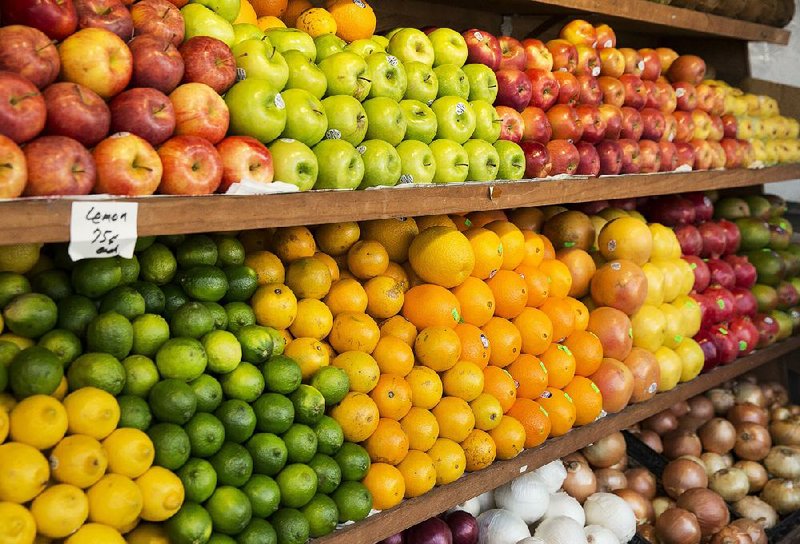WASHINGTON -- The furloughing of hundreds of Food and Drug Administration inspectors has sharply reduced inspections of the nation's food supply -- one of many repercussions of the partial government shutdown that make Americans potentially less safe.
The agency, which oversees 80 percent of the food supply, has suspended all routine inspections of domestic food-processing facilities, agency Commissioner Scott Gottlieb said in an interview. He said he's working on a plan to call back inspectors as early as next week to resume inspections of high-risk facilities that handle foods such as soft cheese or seafood, or that have a history of problems.
"We are doing what we can to mitigate any risk to consumers through the shutdown," Gottlieb said.
The Center for Science in the Public Interest, a nonprofit advocacy group, described the reductions as unacceptable.
"That puts our food supply at risk," said Sarah Sorscher, deputy director of regulatory affairs at the group. "Regular inspections, which help stop foodborne illness before people get sick, are vital."
Foodborne illness is a major problem in the United States, sickening 48 million people each year and killing 3,000, the Centers for Disease Control and Prevention estimates.
The Food and Drug Administration typically conducts about 160 routine food inspections a week in the United States, with about a third involving high-risk processing facilities, Gottlieb said.
He said that 2013 legal guidance said the agency couldn't do regular food inspections during a funding shortfall. But after canceling more than 50 high-risk inspections, he said he has obtained new guidance that he believes will allow him to call back about 150 furloughed inspectors to focus on high-risk facilities.
In the meantime, the agency is continuing to inspect foreign manufacturers, imports and domestic producers involved in recalls or outbreaks, or where inspectors suspect there may be a problem.
Normally, the agency's inspectors look for such problems as unsanitary conditions, insect infestations and salmonella, and E. coli contamination -- as it did, for instance, in the recent investigation of romaine lettuce. The U.S. Agriculture Department operates in parallel, inspecting meat, poultry and egg products, and those inspections have continued, according to a shutdown plan forwarded by a USDA representative.
About 60 percent of the agency is funded by user fees, which enable it to continue many operations, at least for now, including drug and device reviews. About 40 percent of its activities, including most of its food-related work, are paid for by appropriations, which have not been approved by Congress.
Other agencies involved in ensuring Americans' safety are also feeling the effects of the shutdown. At the Secret Service, according to the Department of Homeland Security shutdown plan approved last year, 1,242 of the 7,222 employees are deemed nonessential.
In the Department of Homeland Security's Cybersecurity and Infrastructure Security Agency, 1,523 of the 3,531 employees are considered nonessential.
Its Countering Weapons of Mass Destruction Office is two-thirds empty. The department's shutdown guide states that only 65 of the 204 employees of the Countering Weapons of Mass Destruction Office will remain on the job during a funding shortfall. The rest go home.
A Section on 01/10/2019
